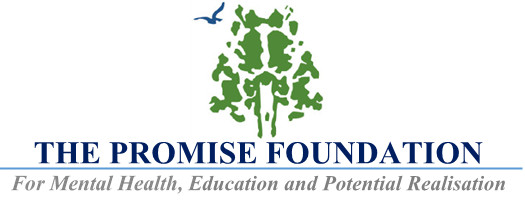Course Information
Here are the details if you would like to aim for a CDLP certificate, diploma or a full Master’s degree:
4.2.1. Eligibility
The modules would be offered at the post graduate level. Therefore, the basic eligibility would be a bachelor’s degree or equivalent.
4.2.2. Credits
Credits are awarded as per the following blend of lecture and practical hours:
- 15 lecture hours would be counted as 1 credit. Lecture hours are defined as didactic interactions between the module instructor and the student either in the face-to-face or online/distance format.
- 30 practical hours would be counted as 1 credit. Practical exercises can include assignments, seminar presentations, field work, projects, group and individual counselling sessions, development of teaching-learning material, training sessions or information collation activities.
Modules, Units and Types of Qualifications
A Module addresses a particular topic related to CDLP (e.g., The Manifestation of Career, Assessment for Career Guidance). A module is made up of Units, which would be sub topics of the Module (E.g., Post-industrial society and the emerging work ethic, would be a Unit under the Module: The Manifestation of Career).
Based on credit allocation, various types of qualifications are offered:
- Certificate: Certificate in Career Development and Livelihood Planning.
- Diploma: Diploma in Career Development and Livelihood Planning.
- Masters degree: M.Sc in Career Development and Livelihood Planning.
- Modules: Students completing a single module will receive a certificate carrying the name of the module: (E.g., Certificate in the History of Work).
Credits accrued can be transferred in partial fulfilment of the accrediting university’s post graduate (masters) degree requirements in the field.
Click here for an overview of the Modules.
Learner Centered Approach
- You are free to “make up a course” for yourself based on whether you want a certificate, diploma or degree, within the overall framework of requirements stipulated by the university.
- A “course” therefore would comprise a combination of a pre-specified (compulsory) modules + modules you opt for, which together would add up to the required credits for a given qualification.
- Certificates and diplomas will be awarded by The Promise Foundation, after student performance has been assessed and accepted by the accrediting university. These certificates and diplomas would carry the endorsement of the university.
- Students would also be free to just take up a Module without taking up an entire course. In this case, while they would be offered every opportunity to take up and complete the Module of their choice, they will not be considered for award of a university endorsed qualification.
- All self-tutored Modules will be available as per a learner-led “on demand” format, whereby students can enter and exit the teaching-learning engagement as per their convenience.
Delivery format
The Modules will be delivered in the:
- blended learning format combining distance (online) learning with contact classes
- distance (online) only format.
The balance between the two would vary according the Module theme and intended learning outcomes as well restrictions imposed as a result of public health matters.
Course material
We have in mind the (unfortunate) reality that published papers are not easy to access and are expensive to buy. Therefore, we have used our resources to create high quality material for you. All registered candidates will receive the following:
- detailed lecture notes drawing upon the most important papers and other material in the field.
- a video lecture or demonstration
- a list of open access resources such as papers and web based resources.
- a comprehensive relevant reference list
- links to other relevant, reliable sources on the internet
- other interesting additions such as: interviews, movies, documentaries.
Student submissions
A portfolio approach will be taken. Accordingly, students would be required to submit a combination of a certain number of the following, as per the Module content:
- written assignments
- journal / book review
- application oriented output (e.g., an evidence based policy brief, student worksheet, review of literature)
- field work (e.g., a mini research output, interviews, community based observations)
- projects (e.g., either applied or research oriented).
Assessment of learning outcomes
A holistic, competency based assessment framework is used. Evaluation will be instructor-led. The Continuous Formative Evaluation (CFE) format will be used. All student work (e.g., assignments, quiz, report, reviews, interviews), will be scored leading to a cumulative score. The Module writer will allocate the maximum marks to be allotted for a Module. Total marks obtained per Module would be converted into percentage. This will be detailed as per the university’s assessment systems.
Once you complete the course requirements successfully, your work will be forwarded to the university, based on which the award of the qualification would be considered.

